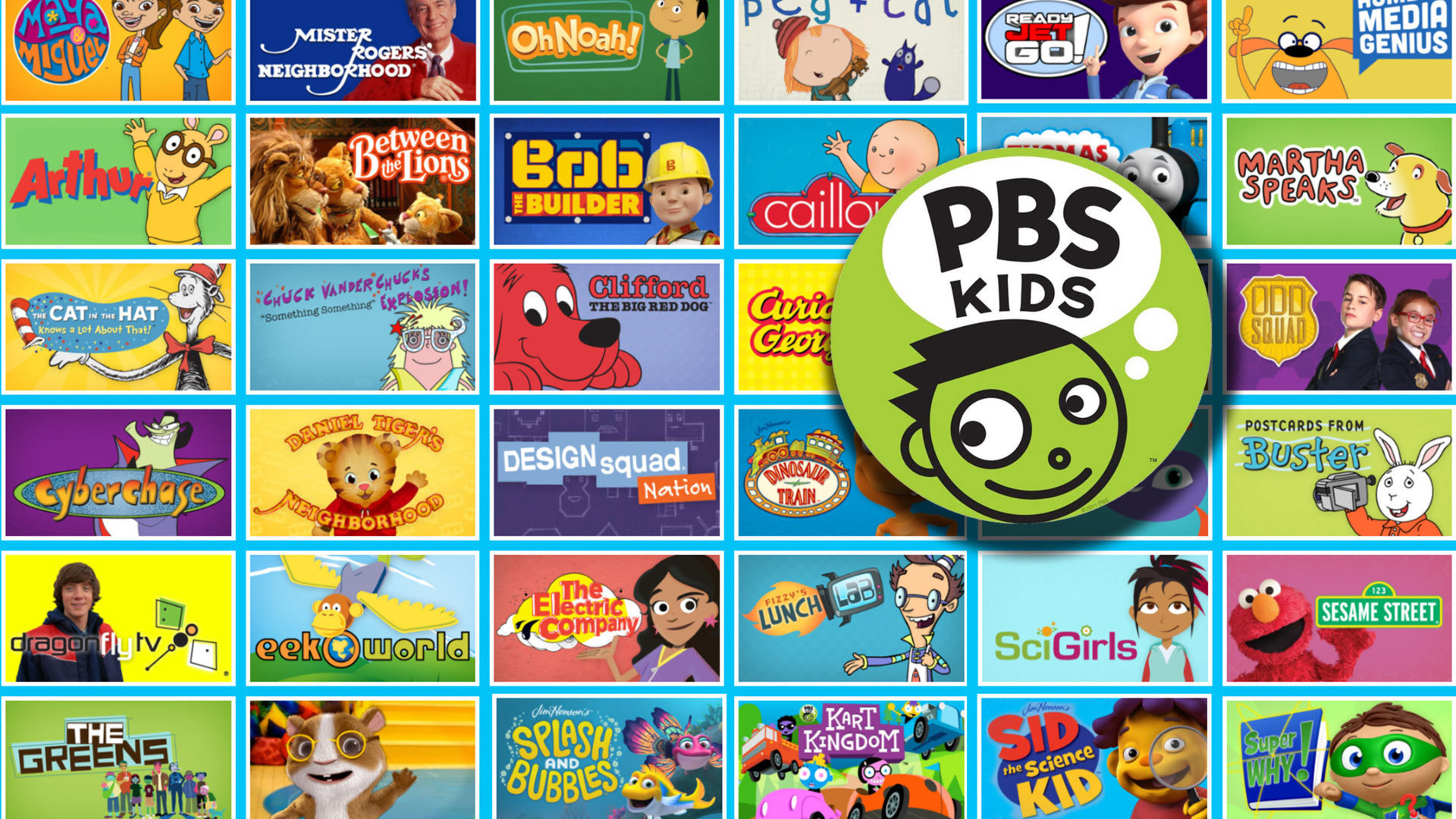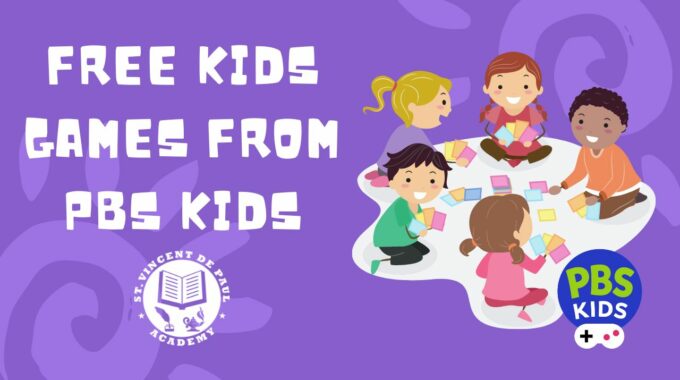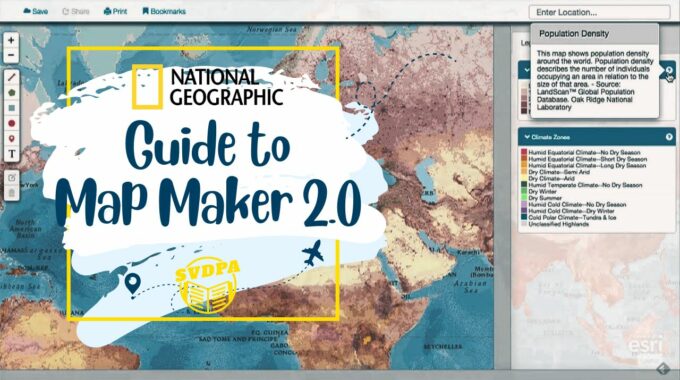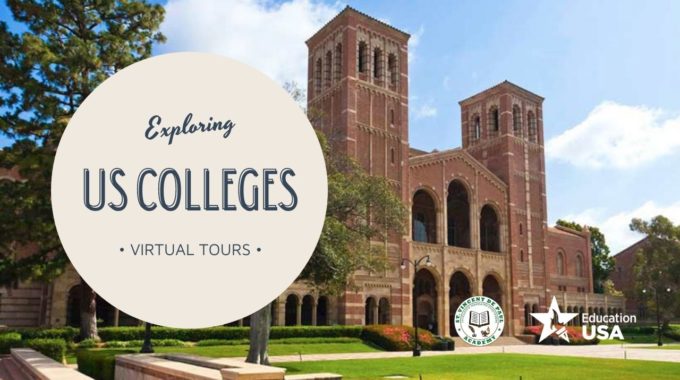National Geographic's Map Maker 2.0 is an advanced online mapping tool that allows users to…
Try Interactive Learning Games from PBS Kids for Preschool and Primary Students!
From time to time we like to post educational resources and materials for the benefit of our students, teachers and parents. Today we will feature the interactive games on the PBS Kids website (https://pbskids.org/).
PBS (Public Broadcasting Service) is a non-profit public broadcaster in the United States, widely known for its high-quality educational programming and commitment to serving the public interest.
PBS Kids is the children’s programming block and brand for PBS. It offers a wide range of educational content aimed at children from preschool through early elementary school ages. PBS Kids programming includes beloved shows such as “Sesame Street,” “Arthur,” “Curious George,” “Daniel Tiger’s Neighborhood,” “Wild Kratts,” and many others. These shows cover various topics such as literacy, math, science, social-emotional learning, and diversity.

The PBS Kids website serves as an online platform where children can access educational games, videos, activities, and resources based on their favorite PBS Kids shows. The website is designed to be safe and age-appropriate, providing a fun and interactive learning environment for children to explore independently or with the guidance of parents and caregivers.
Educational games like those found on PBS Kids offer numerous benefits for preschoolers. Here are some of the key advantages:
- Learning through Play: Educational games make learning fun and engaging for preschoolers. They provide interactive experiences that encourage active participation and exploration, helping children develop important cognitive, social, and emotional skills while they play.
- Development of Early Skills: Games designed for preschoolers often target foundational skills such as letter and number recognition, vocabulary building, basic math concepts, and problem-solving. These games provide opportunities for children to practice and reinforce these skills in a supportive and enjoyable environment.
- Promotion of Creativity and Imagination: Many educational games on platforms like PBS Kids encourage creativity and imaginative thinking. They often feature open-ended activities, storytelling elements, and creative challenges that inspire children to express themselves and explore their ideas.
- Enhancement of Social Skills: Some games offer multiplayer or cooperative gameplay options, allowing preschoolers to interact with peers and family members. These social interactions help children develop important social skills such as communication, cooperation, sharing, and teamwork.
- Customized Learning Experiences: Many educational games utilize adaptive learning technology to tailor the gameplay experience to each child’s individual abilities and learning preferences. This personalization ensures that children receive appropriate challenges and support as they progress, maximizing their learning outcomes.
- Positive Reinforcement and Feedback: Educational games often provide immediate feedback and positive reinforcement to children as they play. This feedback loop helps children understand their progress, build confidence, and stay motivated to continue learning and exploring.
- Parental Involvement and Monitoring: Many educational games for preschoolers offer features that allow parents and caregivers to monitor their child’s progress, track learning goals, and engage in meaningful conversations about the content. This involvement strengthens the parent-child bond and reinforces the value of learning at home.
- Alignment with Curriculum Standards: Educational games developed by reputable organizations like PBS Kids are often designed in collaboration with educators and experts in early childhood education. As a result, they are aligned with curriculum standards and educational goals, providing valuable support for preschool learning objectives.
PBS Kids Games are available for Free!
Overall, educational games like those offered by PBS Kids provide a valuable supplement to traditional early childhood education, offering a fun and interactive way for preschoolers to develop essential skills and knowledge. Although the knowledge and themes offered on PBS are American based, Filipino students can gather important language skills and cultural understandings by exploring the content.
The increasing number of hours our children spend on their gadgets each day can be concerning, especially with the hollow content on platforms such as Youtube and Tik Tok. Introducing interactive games on PBS Kids can augment our children’s time on social media with more productive learning experiences.





